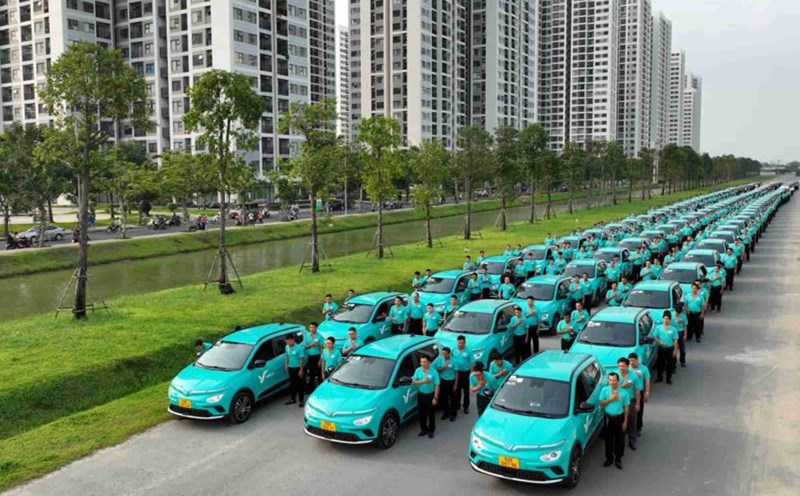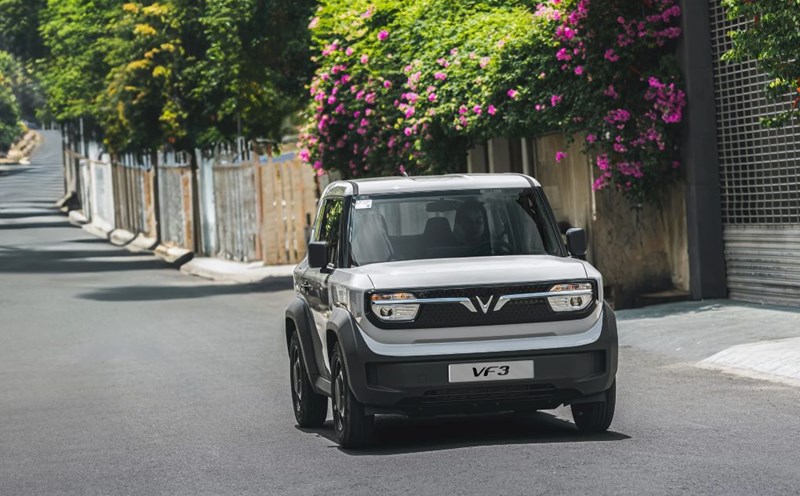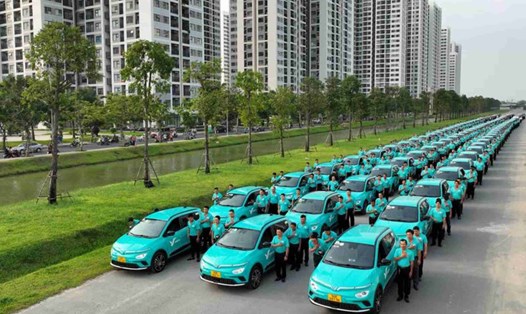Gas car
Vehicles using internal combustion engines are popular options for decades thanks to reasonable price and wide fuel reception network. However, this is also the most harmful car to the environment.
Dr. Paul Nieuwenhuis, an auto industry expert at Cardiff University (UK), said: "Gasoline cars have low initial investment costs, but long -term impact on climate and human health is not to be overlooked."
Gasoline cars produced Co₂ and Nox, these are two main agents causing climate change and air pollution.
Hybrid car
Hybrid cars are praised for the transfer between the internal combustion engine and the electric motor. However, it is this transplant that makes the vehicle's transmission system complicated, leading to higher maintenance costs than usual.
According to a report from Consumer Reports (USA), the repair cost for hybrid cars in the first 10 years of use can be 20–30% higher than gasoline vehicles. In addition, hybrid cars still depend on fossil fuels and the ability to operate electricity is usually limited to urban areas.
Pure car
Pure electric car (EV) is considered a sustainable solution for the future. However, the biggest barrier today is the scope of operation and charging time.
Jessika Tranchik, a professor at the Massachusetts Institute of Technology (MIT), shared on The Guardian: "Electric cars are very effective in terms of energy, but the lack of charging stations and long charging time is reducing their convenience in everyday life."
In addition, the battery price is still high, making electric cars often have higher initial investment costs than other models.
Choosing the right vehicle is not only based on trends, but also for financial conditions, use needs and supporting infrastructure. Although electric cars are the future, but in the present, both hybrid and gasoline cars still play an important role, especially in developing countries.
It is important to understand the disadvantages of each type of vehicle to make smart decisions, in accordance with reality.











